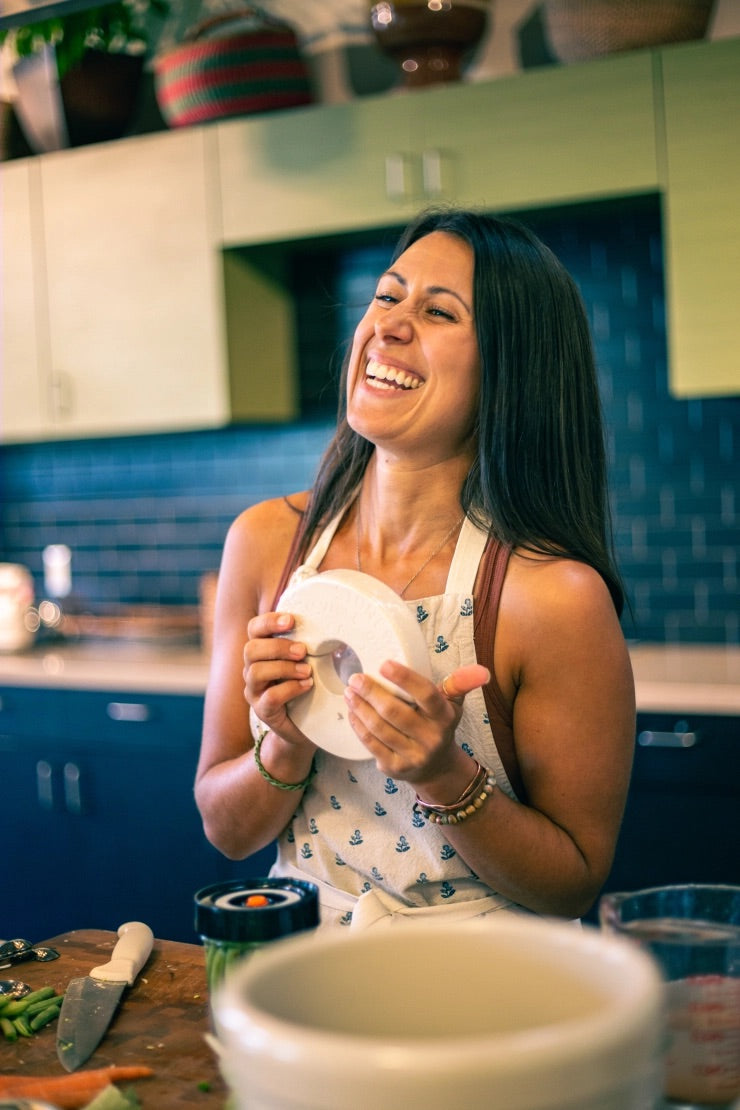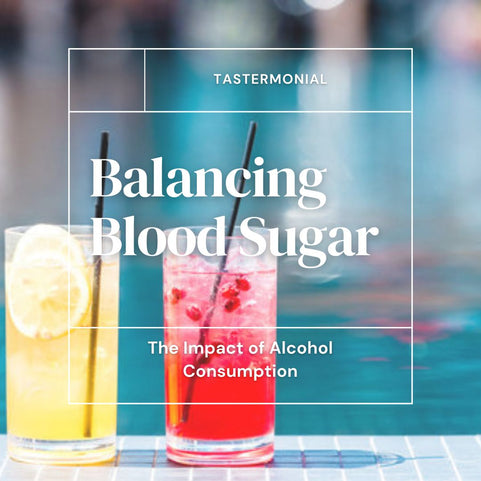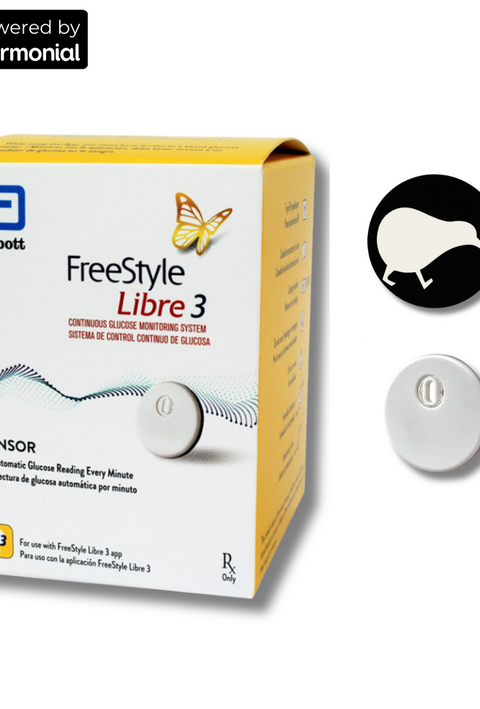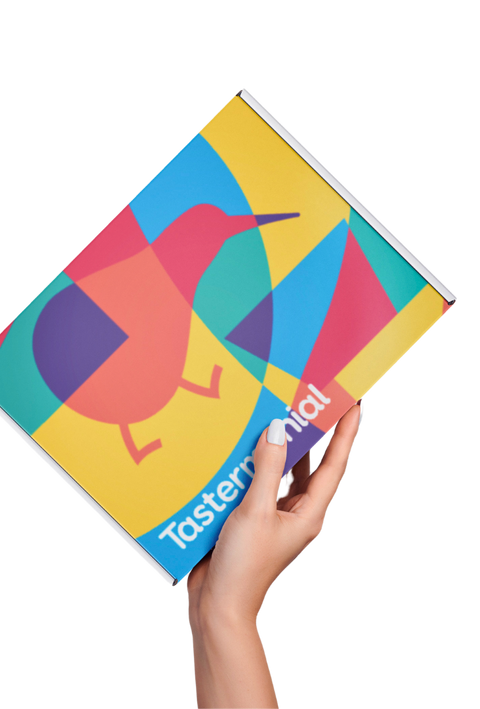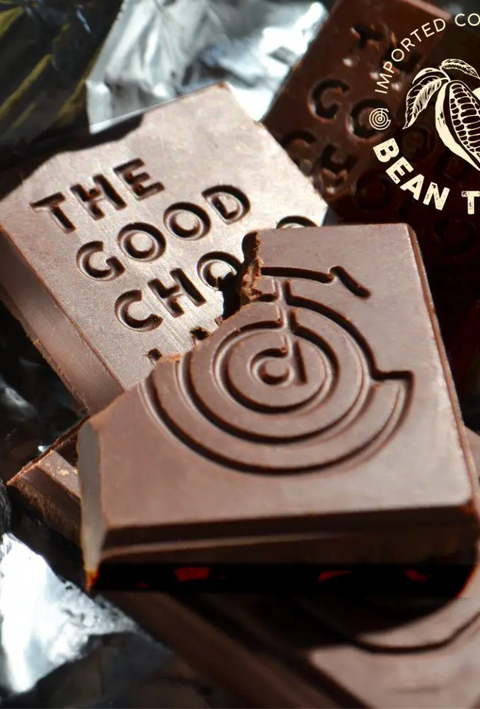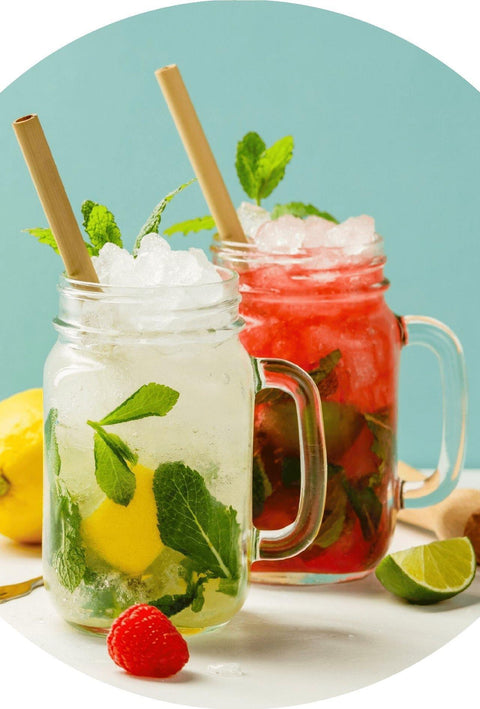Mallory Nowak is a Functional Nutritionist (FNTP), licensed RESTART® instructor and proud founder of The Type 2 Transformation Program.
In 2013, she received a bachelor’s degree in Nutrition & Food Science from California State University, Sacramento before continuing her education through the Nutritional Therapy Association in 2017.
Mallory uses a functional approach to help people with Type 2 Diabetes and Prediabetes repair their blood sugar and A1C naturally. Improved numbers with fewer medications is the ultimate goal for her clients, who regularly celebrate A1C results in the non-diabetic range while doctors happily reduce or eliminate their medications.
As a self-proclaimed lifelong learner, Mallory’s work fulfills her greatest passion: educating, supporting and guiding the community she has fostered toward optimal health.

Mallory, can you tell me a little bit about your background?
So I'm a functional nutritionist, I live in Northern California. I specialize in helping people with pre-diabetes and type 2 diabetes reverse their insulin resistance so they can get their A1C down and get their blood sugar back in range.
First question for you is, what does being healthy mean to you?
Healthy to me means our bodies are functioning in all ways the way that they're intended to. We should have energy during the day. We should have mental clarity. We should be able to fall asleep at night and stay asleep at night. We should be able to digest our food without all these digestive issues so many people are dealing with bloating and constipation and loose stools. Heartburn is a really big one. So it's not just the absence of disease or having our lives within a certain very specific, narrow range, but actually having optimal health and energy and vitality.
So what led you into your career in helping people with all of these things?
So I feel really lucky. I feel like I found my passion in nutrition really early on. I think I was 18 or 19 when I took my first nutrition course. I'm like, Oh, that's what I want to do. I love learning about food. I love learning about health and nutrition, and I always wanted to find a way to help people. So really, it just came pretty naturally to me. And I've never looked back and have zero regrets. I love what I do and I don't see myself doing anything differently!
What do you wish that more people knew about monitoring their blood sugar?
Oh, my gosh, there's so many. A big one is the impact that things have on our blood sugar other than food.
Think there's a really common misconception that people think that between meals, our blood sugar is just flatlined. And if you've worn a CGM, I wear one now, and we know that is not the case. It doesn't matter if you're diabetic or non diabetic, our blood sugar is never just flatlining all day. There's other things going on that impact our blood sugar, hormones being a really big one.
I think probably one of the number one questions, probably the top three questions I get is, and again, I work with people with diabetes, so one of the questions they have is why is my blood sugar so high in the morning? Why is my blood sugar so high in the morning when I haven't eaten for eight or 10 or 12 hours? And everyone wants to point their finger at their last meal, which doesn't make sense.
A lot of people don't realize the impact that hormones have on our blood sugar. And I think that people talk about the dawn phenomenon. Some people are familiar with the dawn phenomenon, which is the reason why our blood sugar is higher in the morning when we wake up. But a lot of people still don't understand what causes the dawn phenomenon to begin with.
It really does come back to hormones. It comes back largely to cortisol, which is highest in the morning, and then it's lower as the day goes on. And I love that I've heard someone explain cortisol and say it's like jet fuel compared to caffeine. And I love that because I'm like, yeah, it's Mother Nature's caffeine. It's intended to give us a burst of energy to start our day. It is part of that is getting sugar out of storage in our body, putting it back in our bloodstream so we have a burst of energy to start our day.
So does the order of which you eat all of your macros matter? And why does it matter?
It does matter more than most people realize. Yeah. So just to review for people who are not aware of what macros actually are. There's three macronutrients: protein, fat, and carbohydrates. That's it. And what people need to know about these macronutrients is not only do they all impact our blood sugar very differently, but we absorb them and digest and absorb them at different rates.
Carbohydrates have the highest impact on our blood sugar. And then carbohydrates also happen to be digested and absorbed the quickest. And so if you're someone who's dealing with high blood sugar or type 2 diabetes or pre diabetes, one of the worst things you can do is one, eat a meal that's really high in carbohydrates, or two, start your meal by eating the carbohydrates first.
So really, if you're trying... think about the way I explain it to my clients is to think about protein and fat like buffers. They're going to buffer the impact that those carbohydrates have on your blood sugar, but you've got to start with the protein and fat. So the order in which you eat these things does matter. And I always recommend starting with your protein and healthy fat and then move into your carbohydrates if you're having them.
Do you have any tips alongside that for when someone is on-the-go or eating out?
Yeah, definitely. I know it's tricky for people because a lot of times you go to a restaurant and what's the first thing they give you?
Bread or chips.
And those are the carbs, so that's probably the worst thing you could start with.
One thing you could start your meal with is dipping some liquid, who knows, juice or mixer in your cocktail and then having bread or crackers or chips and a lot of appetizers. But yeah, eating out is totally doable. You just modify the menu a little bit.
I always tell my clients I worked in the restaurant industry for longer than I care to admit, well over a decade. And I'll just tell you, people are happy to accommodate you. They're happy to make little modifications. So don't be too shy to ask your server if instead of the potatoes or the French fries, you can have a salad or another vegetable that you saw on the menu.
So just making little tweaks like that can really make a big difference in keeping your blood sugar in check while you're eating out because one of life's pleasures is eating out, right? We don't want to cook everything from scratch.
Why is wearing a CGM (continuous glucose monitor) better than using a finger prick method?
One of the things I like to educate people and teach them to do is to see how a specific meal rate impacts their blood sugar by testing before they eat, like, immediately before they eat, and then again afterwards.And the goal for testing afterwards is to get the climax or the peak.The problem is, when you do a fingerprint, you're guessing,is your blood sugar going to peak 45 minutes after your meal or 90 minutes after your meal?You really don't know.You can make an educated guess, but if you're only testing one time after you eat, you don't know if your blood sugar is on its way up, if it's at its peak, or if it's on its way down.That's one of the great functionalities, actually, within the testimonial app that I've been playing with,is the ability to input a food and go, okay, this is what I'm eating.Take a photo of it, input some information about it, and then just auto have it spit out after 45 minutes, an hour, 2 hours, wherever that spike is coming from, it'll tell you the difference between your starting and your ending.
Are there things that impact your blood sugar outside of eating? What are some of those things that can spike it?
Yeah. So beyond food, there's multiple things that can raise our blood sugar beyond food. But one of the biggest is stress, and that's whether we're talking about physical stress or emotional stress. So when I say physical stress, this can be an illness or an infection or an injury that you're recovering from. A lot of people, for example, a lot of people, when they were diagnosed with COVID they get diagnosed with diabetes because their blood sugar just skyrockets. Right? But that's true about all kinds of illnesses and infections.So that can be one big culprit for high blood sugar, especially chronic stress or chronic infections.
Actually, I love telling this story about one of my clients because it was really interesting,and I've seen it play out again and again with different people since then. But I had this client, and one day she was doing so well, and then one day her blood sugar shot up into the she was like, this is so odd.I'm eating low carb. I'm doing everything right. My blood sugar was great for weeks, and then it shot up to 200 and what happened was the next day she woke up and her whole leg was swollen. She had cellulitis, she got a bacterial infection and it showed up in her blood sugar before she got any symptoms. And so that happens all the time I think, and people don't realize that that is your body. Our immune systems are really good at fighting things off.Sometimes we're fighting something off before we get any symptoms and our blood sugar goes up because it's a physical stress on the body.
So what is your favorite meal?
Oh man, it's a hard one because I love food so much.My number one favorite ingredient on planetEarth is oysters on the half shell.Oh, that's an interesting one.I love them and they're so nutrient dense, but they're also just so delicious.Tastes like the ocean in your mouth.
What is your favorite blood sugar reducing hack?
Okay, my number one blood sugar reducing hack, it's not sexy, but it's animal protein with every meal. Guys, there's a lot of talk about going vegan or vegetarian or plant based for the type two diabetic community. I think that's going to do you a serious disservice. If you know, once you learn about the impact that various macronutrients have on your bloodsugar, you will see carbohydrates have a really strong impact on your blood sugar. And doing a vegetarian or vegan diet, it's really hard to keep your carbohydrates down.
Why do you use Tastermonial?
I love Tastermonial. I love that they are making CGM’s more accessible for people. As I mentioned earlier, it's really hard to get your hands on a CGM. Most people aren't able to get one from their doctor. So I absolutely love that. I love their mission. I love that they're supporting food companies, startup food companies in the health and wellness space, getting their names out there as well.
Is there anything that you would like to share that you think will have a positive impact on people that are trying to balance their blood sugar?
Yeah. Start testing before and after meals. When I say before and after, what I mean is, when you sit down for lunch, test your blood sugar right before your first bite of food. See where it's at.That's your baseline blood sugar. If you don't have a CGM, you're going to kind of guess somewhere around the 1 hour mark,somewhere between 45 minutes and 90 minutes, test again. You're looking for the climax. And your goal is that your blood sugars houldn't go up by more than 30 points.So if you start at 100 before your meal and it goes up to 120, let's say 1 hour after your meal, then it only went up 20 points. But if you go from 100 to 220,your blood sugar shot up 120 points.That's not good, right? But most people are only testing after they eat. That's how most doctors and dietitians aren’t telling people to test their blood sugar. When you only test after, you have no idea. You're completely in the dark about howthat meal impacted your blood sugar.
How can people find you? What's your social media? If people want to come to you as a client,what's the best way to reach out to you?
So I'm always hosting monthly live events and free training and things like that. But I'm very active. Mostly on Facebook, I've got a free Facebook group. It's called targeted nutrition for type two diabetes. I'm also active on Instagram, if you find me on there, it's at Mallorynowakntp. You can find links in my bio for upcoming training and things like that. My website is just my first and last name, Mallorynowak.com.
To Watch This Interview Check Out Our Youtube!
